Viktor Orbán's proposal for a quick ceasefire in Ukraine led to a rebuke by Volodymyr Zelenskyy, who called it "nonsense and disharmony".
Viktor Orbán and Volodymyr Zelenskyy brought their long-simmering showdown to Budapest on Thursday with separate press conferences that laid bare their diametrically opposed visions on how to end the war in Ukraine.
The Hungarian premier, who acted as host of a European Political Community (EPC) summit, made a forceful endorsement of the need to secure a rapid "ceasefire" in Ukraine as a prelude to peace negotiations with Russia.
"The precondition for every peace is communication. The condition of communication is a ceasefire," Orbán said. "It takes time to negotiate. But first, a ceasefire."
"So what I'm arguing in favour is to have a ceasefire which can provide room and time for the warring parties to have communication and to start negotiating about the peace," he added.
Orbán argued the election this week of Donald Trump as US president means "the world is changing" and Europe should revise its position according to the political winds, including the financial and military aid the continent has provided to Ukraine (which his government has, in several cases, blocked) and the sanctions regime the bloc has imposed on the Kremlin (which his goverment has, in several cases, watered-down).
His language echoed that of Trump, who has described Zelenskyy as "the greatest salesman" and promised to strike a deal to end the war "in 24 hours," stoking fears the Republican, whose inauguration for the White House will be held in January, will cut off aid altogether.
"The people of Europe are less and less ready to finance a war that they don't understand exactly, that they don't understand exactly what is the purpose of that war, nobody can give a guarantee for how long it will take, nobody can guarantee when the sanctions will be effective," Orbán told reporters.
"The American election closed the chapter and opened a new way. It's obvious (a) change of minds and ideas is going on as well. That's life."
The premier admitted that the big meeting in Budapest, attended by most EU leaders alongside other heads of state and government from the wider European region, including those from Britain, Moldova, Albania, Serbia and Turkey, had produced "no agreement" on the thorny issue.
"There are still diverging opinions about the continuation of the war or a quick ceasefire and negotiation," he said.
"But one thing is evident today: those who want peace are increasingly numerous and that, (after) the US elections, the camp of those who want peace increased manifold," he added. "This is a new situation and Europe must react."
'Dangerous and irresponsible'
Orbán's comments prompted a stinging rebuke by Zelenskyy himself, who took the stage shortly after the Hungarian premier's exit.
Zelenskyy did not hold back: proposals for fast ceasefires are "dangerous" and "irresponsible", he said, as they ignore the harsh reality of being at war.
"This is a very alarming challenge for all our citizens. 'First a ceasefire, then we'll see.' Who are you? Are your children dying? Are they being killed there? Are your homes being destroyed? What are we talking about? Who are you?" he said, with evident exasperation.
"Ceasefire? We tried that in 2014, we tried to reach it and then we lost Crimea and then we had the full-scale war in 2022," he added, warning that a ceasefire devoid of security guarantees would let Russia "ruin and destroy our independence and sovereignty".
"A leader who is against Ukraine's NATO membership is the one offering a ceasefire. This is nonsense and disharmony. Why? Because a ceasefire happens when the victim knows they will have security guarantees," Zelenskyy added, in a reference to Orbán's noted opposition to Ukraine's membership in the transatlantic alliance.
Kyiv has long warned that any hastily put arrangement to cease hostilities would be exploited by Moscow to cling onto the territories it has occupied in the East and make the invasion permanent. Zelenskky and his deputies insist the only way out of the war is the total recovery of Ukraine's territories and the payment of reparations by Russia.
The president took a swipe at Orbán's controversial meeting in July with Vladimir Putin, who fuelled an intense backlash and a boycott against Hungary's EU Council presidency.
"This is what we now call 'armchair experts.' There's no other term for it," Zelenskyy said. "People who didn't live through war but have only seen it in books and movies. People who've spent years or months talking to Putin, hugging (him), but never fought (against) him. This is an analysis without a deep understanding of war, its consequences, its risks."
Asked if he believed the "pro-peace" camp described by Orbán was gaining followers, as the premier claimed, Zelenskky replied: "Me? No."

 4 months ago
40
4 months ago
40
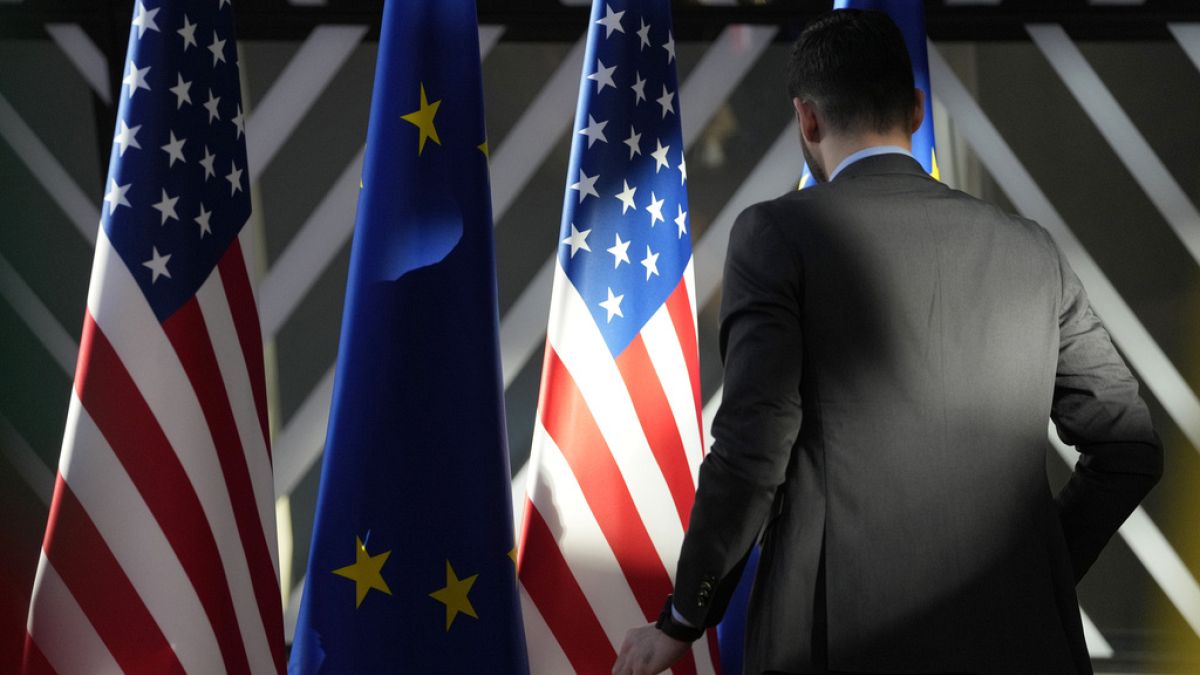
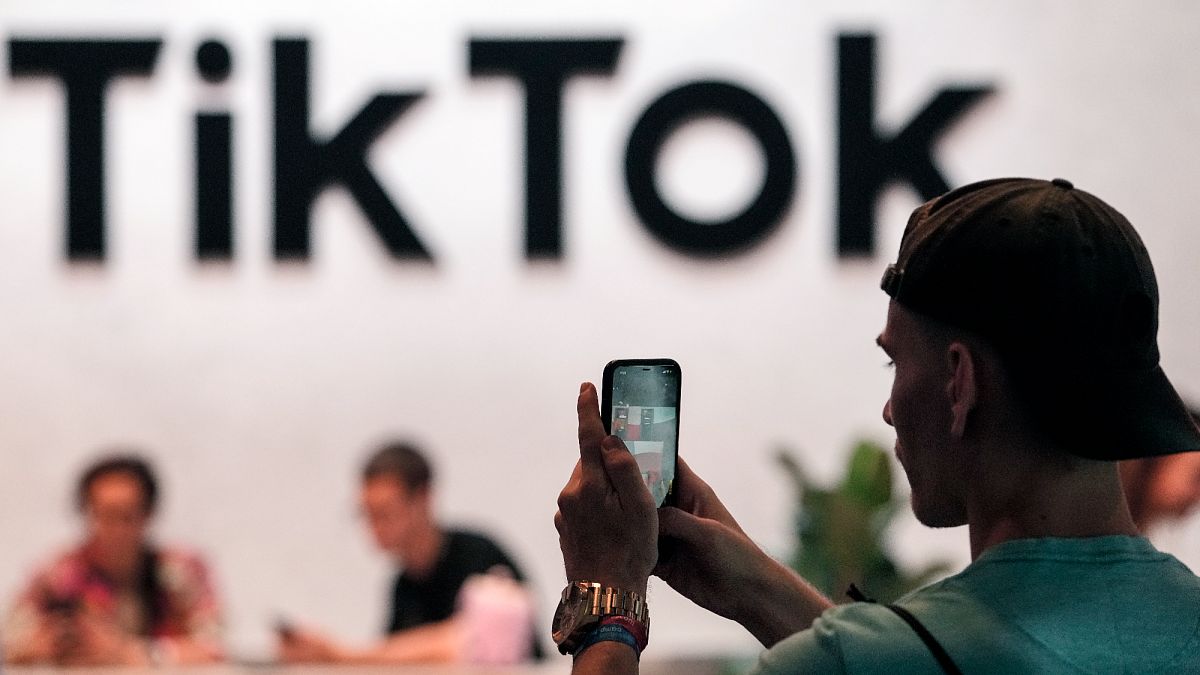

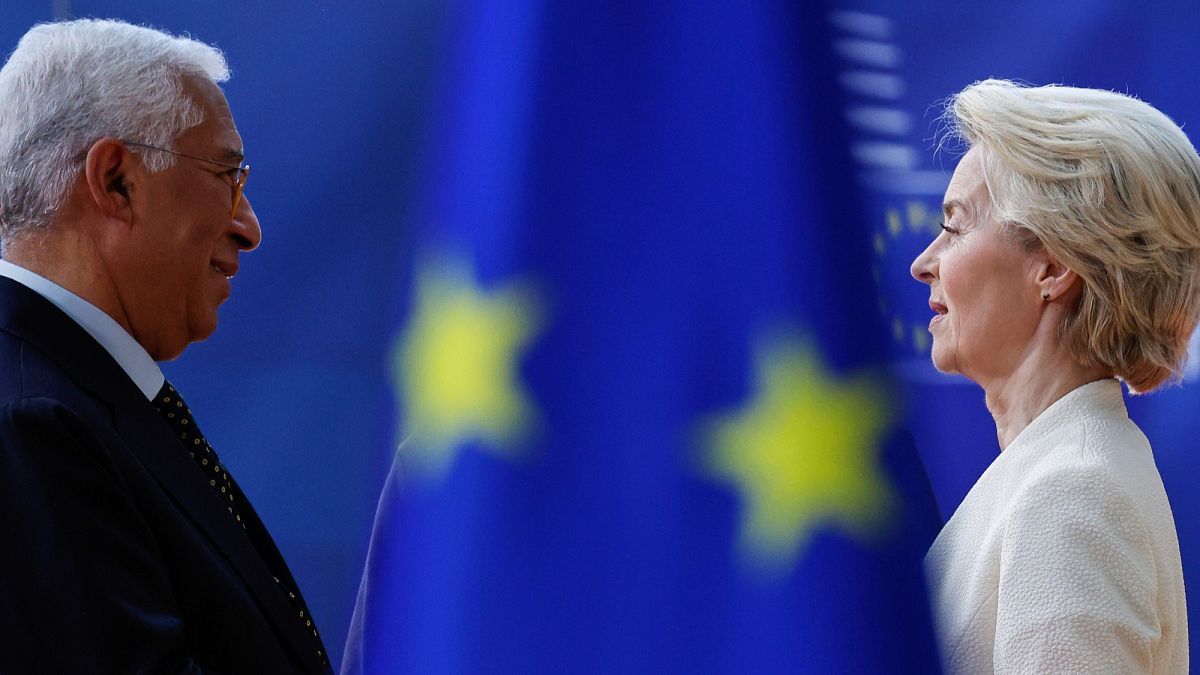
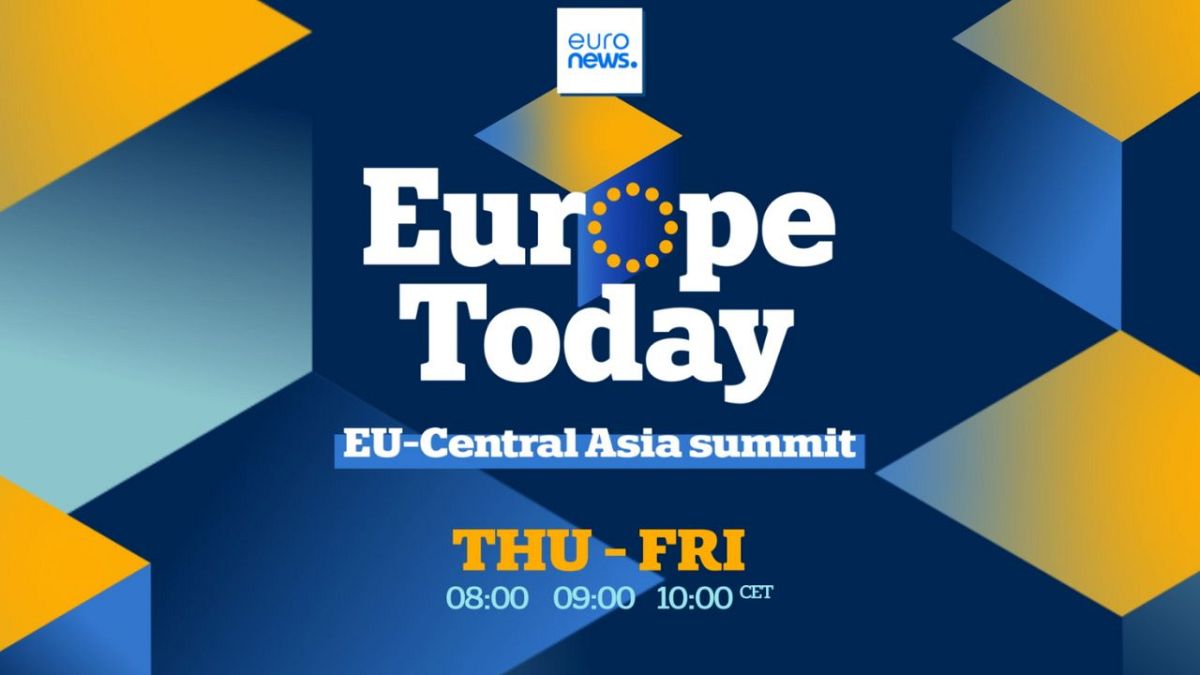
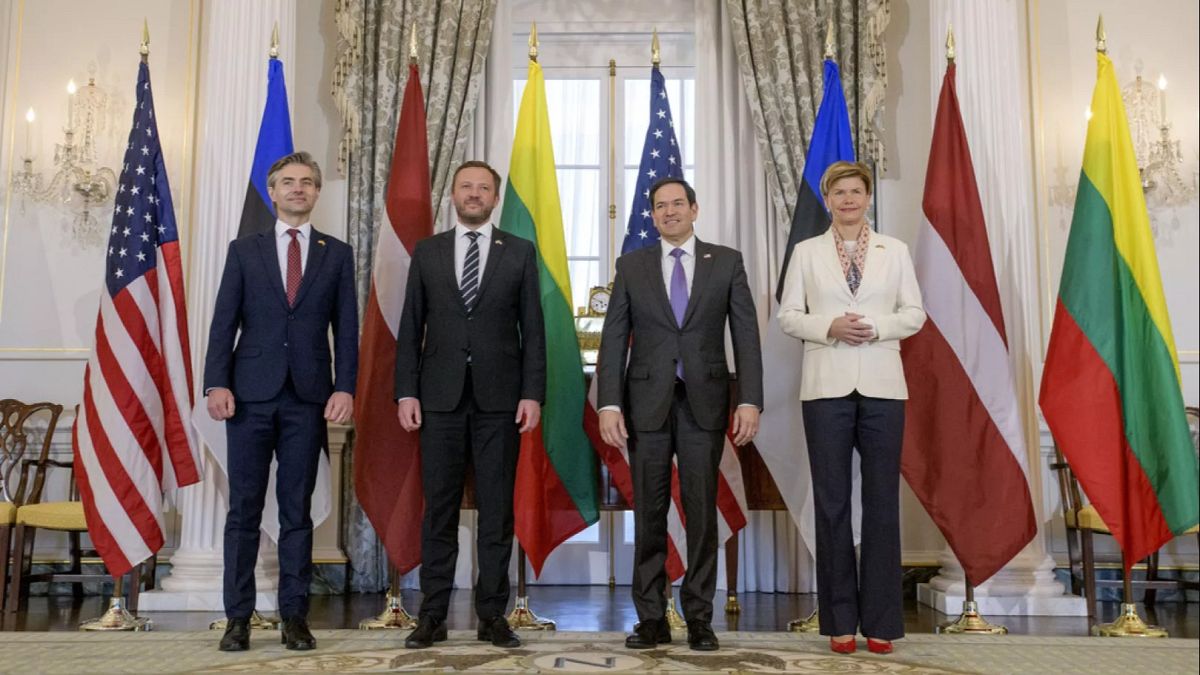
 We deliver critical software at unparalleled value and speed to help your business thrive
We deliver critical software at unparalleled value and speed to help your business thrive






 English (US) ·
English (US) ·